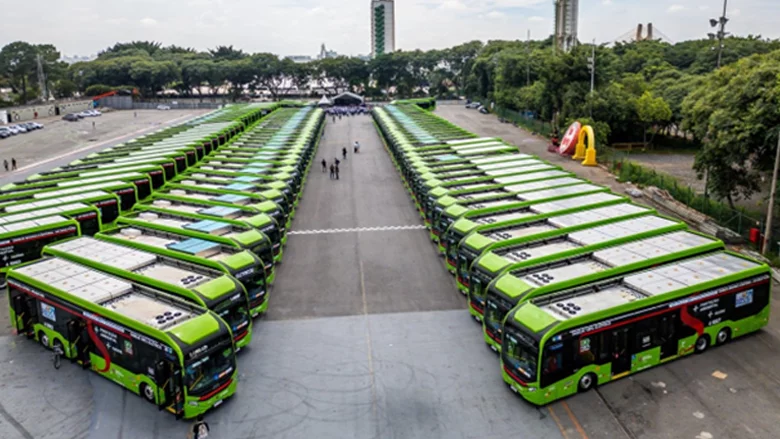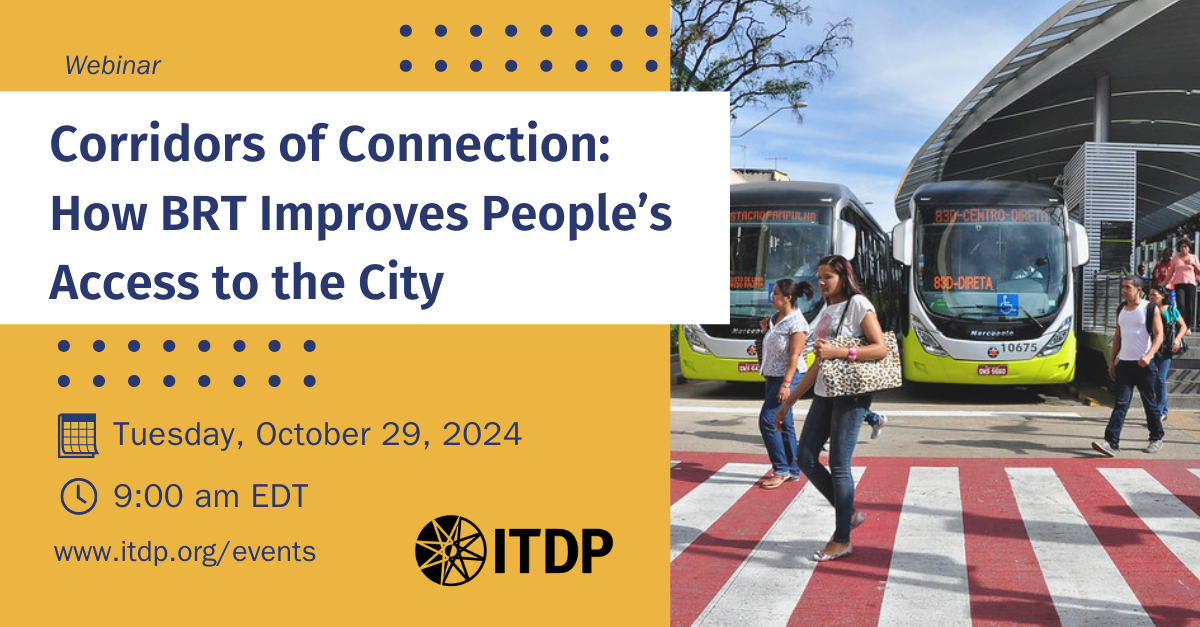Regulatory schemes have remained an open question about the implementation of an urban bus system. Because of the introduction of a higher private initiative within these systems, the expectation of increased patronage has not been met. Hence, studying the effect of regulation on innovation becomes the first objective of this research because innovative solutions may help to attract users. To fulfill that objective, an analysis of innovative capabilities was carried out. The aim was to understand the gap between potential and practical innovation on the authorities and operators. The second objective was to use theoretical modeling to find the effect of payment schemes on frequency and bus size. Both analyses used as a case study the experience of Transantiago in Santiago, Chile. Innovation proved to be dependent on the regulatory scheme in which an operation was framed. Both authorities and operators showed the existence of innovative capabilities dependent on the perceived incentives. Trusting cooperation was an aspect that might have encouraged some types of innovation, such as route design. Analytical solutions showed that as in the experience of Transantiago, supply-based payments provided higher frequency and smaller bus size than fixed payments. Finally, an optimal tariff gave incentives to the operators to provide socially optimal levels of frequency and bus size for a certain demand level.











